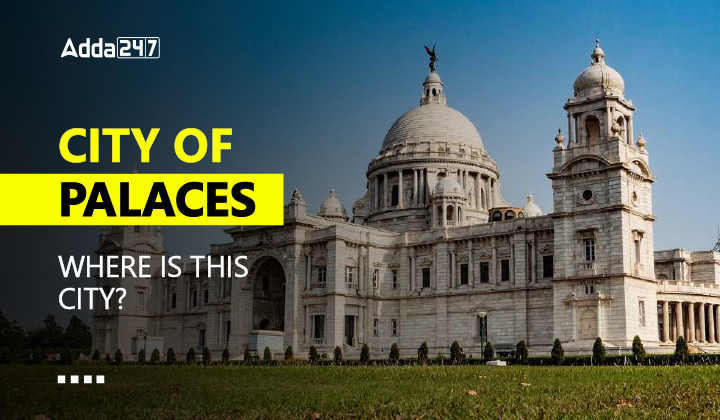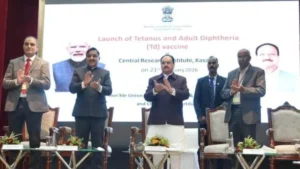City of Palaces: Kolkata
Kolkata, often referred to as the “City of Palaces,” is a prominent metropolis situated along the eastern bank of the Hooghly River, serving as the capital of West Bengal, India. Beyond being a mere designation, this title reflects the city’s profound historical significance, its architectural legacy and its central role in India’s struggle for independence. The architectural marvels of Kolkata, dating back to the 19th century during the British Raj, endure as enduring symbols of its rich history and the nation’s pursuit of freedom.
Historical Significance
Kolkata, formerly known as Calcutta, was declared the capital of British India during the 18th century under the leadership of Governor-General Warren Hastings. This pivotal decision transformed the city into a hub for the British colonial administration, leading to an era of remarkable architectural development. The buildings erected during this period drew inspiration from a variety of architectural styles, including Roman, Gothic and even Mughal influences.
| Other Important Articles | |
| Nicknames of Indian Cities | Mini Mumbai of India |
| City of Lakes | Pink City of India |
Architectural Diversity
The architectural significance of Kolkata is a reflection of the diverse cultures and influences that have shaped the city over the centuries. Many of the modern buildings from the British era adopted neoclassical designs, often featuring elements borrowed from Greek and Roman styles. In fact, some of these structures bore a striking resemblance to their counterparts in London, emphasizing the city’s historical ties to the British Empire.
Iconic Monuments
Kolkata boasts a plethora of iconic monuments, each telling its own unique story through its architectural design. Some of these monuments are:
1. Victoria Memorial: A Marble Marvel
One such iconic monument is the Victoria Memorial, an imposing white marble museum constructed in memory of Queen Victoria. This grand edifice seamlessly blends Mughal and Islamic architectural influences with Gothic elements. The Victoria Memorial’s lush gardens are adorned with statues of British dignitaries, adding to its charm and historical significance.
2. The Marble Palace
The Marble Palace, situated in North Kolkata, is another renowned monument. This 19th century mansion is famous for its exquisite marble floors, a private zoo and a collection of sculptures. Its neoclassical style is marked by characteristic Corinthian pillars, while also incorporating traditional Bengali architectural elements.
3. St. Paul’s Cathedral: A Gothic Masterpiece
St. Paul’s Cathedral, the first Episcopal Church in Asia, stands as a masterpiece of Gothic architecture in Kolkata. This cathedral, affiliated with the Church of North India, features distinctive stained glass windows, towering spires and elegant arches. Within its premises, visitors can explore various forms of plastic art and access a library housing rare books and manuscripts.
4. General Post Office
The General Post Office in Kolkata, designed in a neoclassical style, boasts a dome supported by a series of Iconic-Corinthian pillars. This historic post office is home to the Postal Museum, where a wealth of artifacts and postal stamps are on display.
Find More General Studies News Here




 L&T Vyoma to Study 250 MW Green AI D...
L&T Vyoma to Study 250 MW Green AI D...
 Made in India: Nadda Launches Indigenous...
Made in India: Nadda Launches Indigenous...
 Which Island is known as the Island of P...
Which Island is known as the Island of P...








